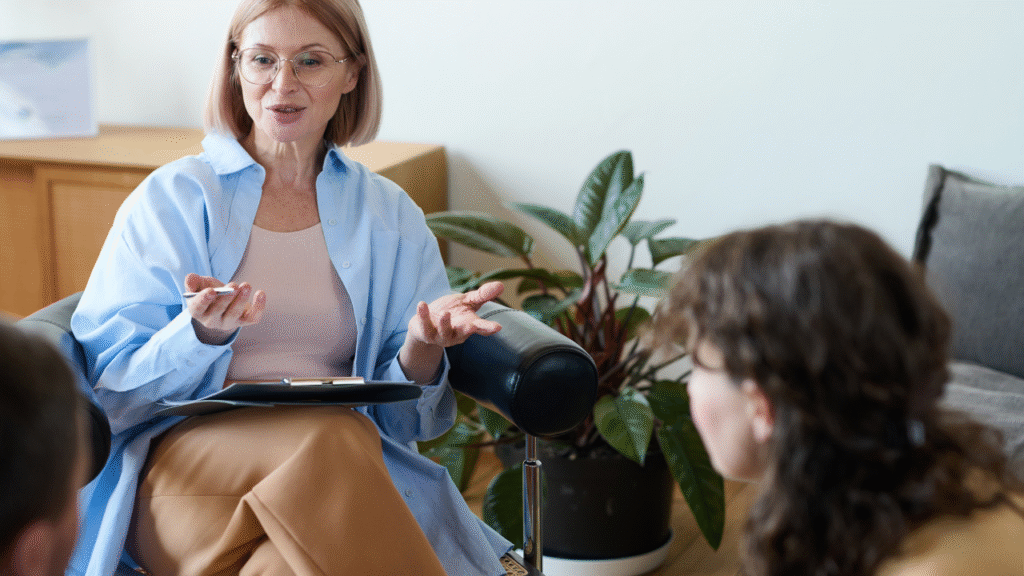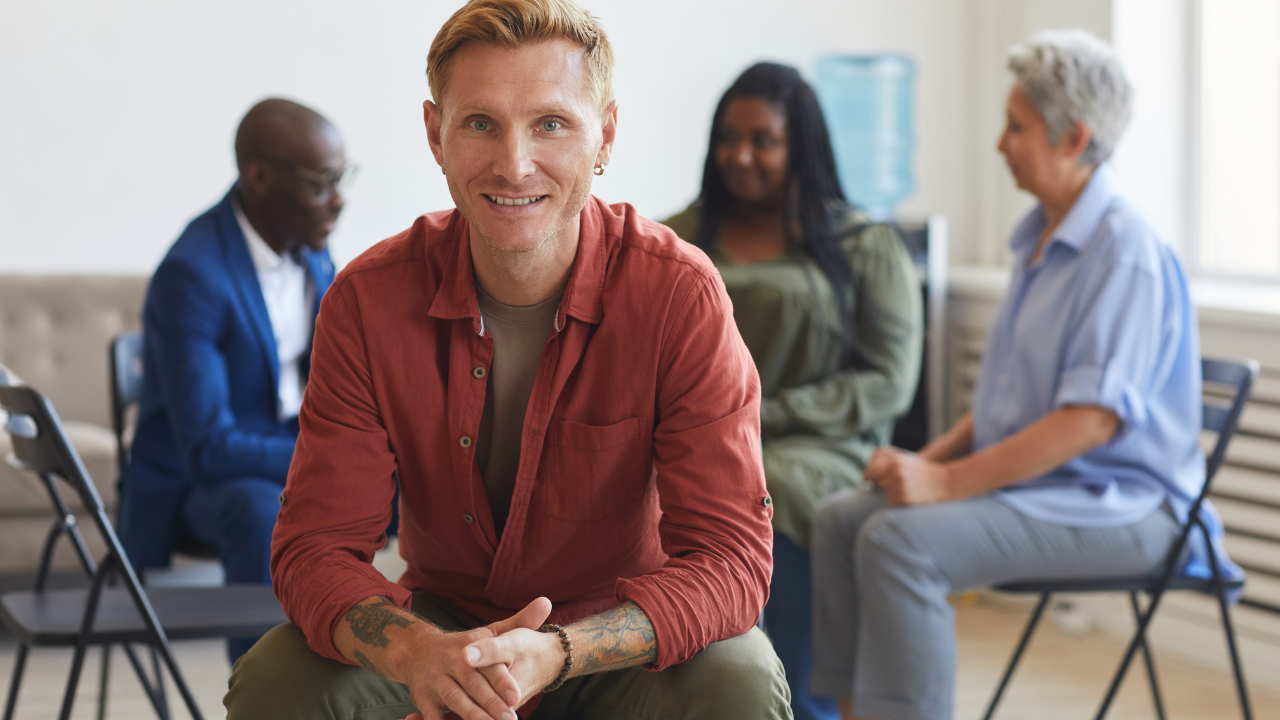7 Powerful Ways Drug Addiction Treatment Can Transform Opioid Recovery
Recovering from opioid addiction is one of the bravest things you’ll ever do. And while the road will have its turns, the right drug addiction treatment program can not only support your journey—it can truly transform your life. If you’ve been battling opioids or watching a loved one struggle, this post will walk you through seven impactful ways that treatment can shift the course of recovery for good.
1. Personalized Treatment Plans Tailored to You
One of the most powerful aspects of quality addiction treatment is that it’s never a one-size-fits-all package. Everyone’s experience with opioid use disorder is unique, which means your recovery should be too. Personalized care plans assess your history, mental health conditions, medical background, and even family dynamics to offer a recovery roadmap that works for YOU.
At Transformations Care, we place a strong emphasis on individual therapy and custom-tailored care plans. You’ll have a chance to work one-on-one with experienced professionals who truly listen. Whether you need dual diagnosis support, medication-assisted treatment, or intensive trauma therapy, your care is built around your real-life needs, not just your symptoms.
Why Personalization Makes a Difference
- Addresses co-occurring disorders like anxiety, depression, or PTSD
- Prepares you for life after treatment by identifying triggers
- Promotes a deeper connection to the recovery process

2. Medication-Assisted Treatment (MAT): Safe and Effective
If you’re dealing with opioid addiction, withdrawal symptoms can feel just as overwhelming as the addiction itself. Medication-Assisted Treatment (MAT) combines FDA-approved medications—like buprenorphine, methadone, or naltrexone—with therapy and support services. It helps reduce cravings, block the euphoric effects of opioids, and make detox far more manageable.
The stigma around MAT is finally starting to fade, and for good reason. According to the Substance Abuse and Mental Health Services Administration (SAMHSA), MAT significantly improves the odds of sustained recovery and lowers the risk of relapse and overdose. We use MAT strategically at Transformations Care as part of a complete solution to support both body and mind.
3. Holistic Approaches That Heal the Whole Person
True recovery means treating more than just physical dependency. Holistic practices like yoga, meditation, nutritional therapy, and exercise are becoming more central to drug addiction treatment. These therapies foster mindfulness, reduce stress, and reconnect you to your body in a healthy way.
You’ll find strength you didn’t know you had when you start caring for yourself in a whole-body way. At Transformations Care, we encourage holistic practices not just as extras—but as core parts of healing.
Some Benefits Include:
- Emotional regulation through breathwork and meditation
- Better sleep and improved physical health
- Boosted self-esteem from setting and achieving small, healthy goals

4. Group Therapy: Finding Strength in Shared Stories
When you’re locked in the battle against addiction, it’s easy to feel isolated. But you must know—you are not alone. Group therapy is a cornerstone of drug addiction treatment because it gives you a circle of people who get what you’re going through.
We facilitate judgment-free group spaces where broken shame turns into shared strength. Whether it’s process groups, 12-step alternatives, or skills training gatherings, group therapy helps rewire those inner stories of isolation and unworthiness. You learn to trust others again—and more importantly, yourself.
5. Family Therapy: Healing the Whole System
Opioid addiction doesn’t only affect the person struggling—it ripples across entire families. That’s why one of the most transformative parts of many programs, including ours, is involvement of the family unit.
Family therapy helps rebuild broken bridges, address codependency, and create healthy boundaries. Loved ones get to become part of the solution rather than spectators of your pain. You all get to start healing—together.
Educational programs also equip family members with tools to support you without enabling behavior, reducing the risk of relapse once treatment ends.
6. Aftercare Planning: Guidance That Doesn’t Stop at Discharge
One of the biggest misconceptions about recovery is that it ends when you complete your treatment program. In reality, recovery is a daily practice—and that’s why aftercare planning is essential.
We offer transition support that includes outpatient care, alumni groups, relapse prevention, and mental health services. Sometimes, people benefit from sober living environments that continue to provide structure and accountability during early recovery.
You’ll also explore vocational and academic paths, be encouraged to join 12-step or non-12-step support groups, and have access to ongoing therapy. A clear, actionable aftercare plan is often what separates relapse from resilience.

7. Empowerment Through Education and Life Skills
Finally, an often-overlooked transformation happens when you start learning again—about your brain, your stress patterns, your values, and even your passions. Empowerment through education reawakens purpose.
That’s why life skills training is woven into our programs. We’ll help you with budgeting, communication, time management, career planning, and building legal independence. These are practical tools, yes—but they’re also confidence-builders. With each new skill, you start to believe in your future just a little more. And then a lot more.
Key Takeaways
- Personalized care ensures your treatment adapts to your unique journey
- Medication-Assisted Treatment reduces cravings and eases withdrawal
- Holistic therapies heal the mind, body, and spirit simultaneously
- Group therapy reminds you that you’re not alone and builds community
- Family therapy helps everyone heal and learn how to support one another
- Aftercare planning provides long-term recovery stability
- Life skills training boosts independence and confidence in sobriety
FAQ
How long does drug addiction treatment last?
It depends on the individual but generally ranges from 30 to 90 days for inpatient programs. Aftercare, including outpatient support, can continue for months or even years based on your needs.
Is Medication-Assisted Treatment safe?
Yes. When prescribed and monitored by trained professionals, MAT drugs are safe, effective, and recommended by agencies like NIDA and CDC.
Can my family be part of my recovery journey?
Absolutely. Programs like ours offer robust family involvement because healing relationships is key to sustainable recovery.
What happens after I complete treatment?
You will receive an individualized aftercare plan that may include outpatient therapy, sober housing, support groups, and continued medical supervision if needed.
What if I have mental health issues along with addiction?
You’re not alone—many people do. Our dual diagnosis treatment addresses both your mental health and addiction simultaneously for better outcomes.
What makes Transformations Care different?
We’re grounded in personalized, compassionate care without judgment. From detox to aftercare, we meet you wherever you are. With licensed professionals, holistic therapies, and real support, we’re here for every step of your transformation.
Recovery is hard—but it’s more than possible. And you don’t have to do this alone. If you or someone you love is ready to start the journey, we’re ready to walk it with you.
Take the first step today. Reach out now to learn more about how drug addiction treatment can transform your opioid recovery—for good.
For more resources and insights, check out:




















